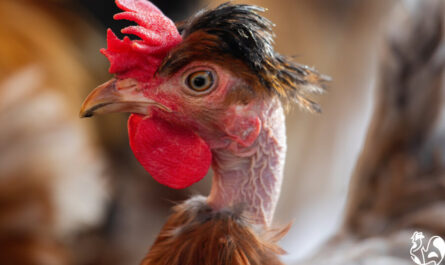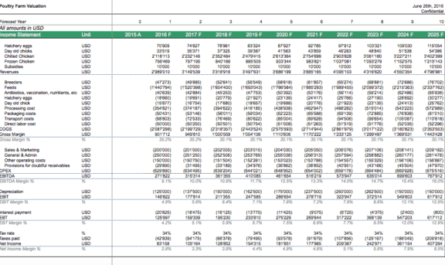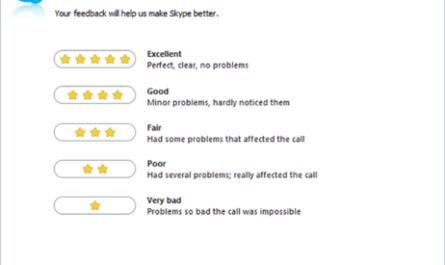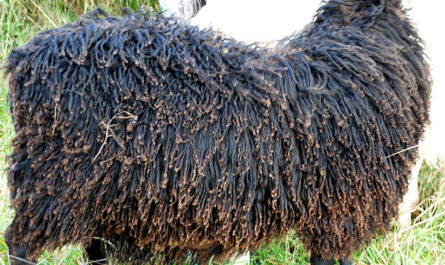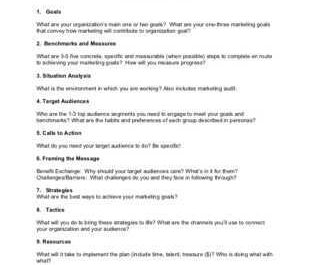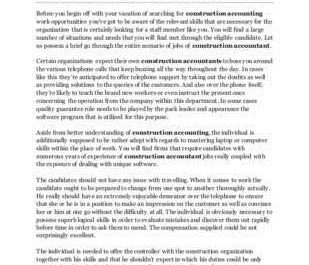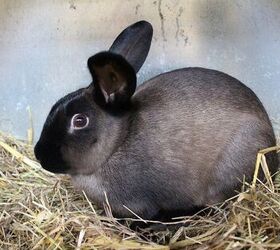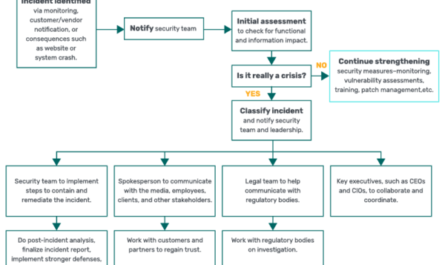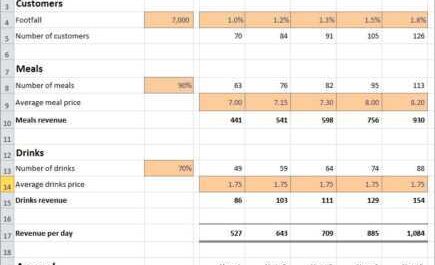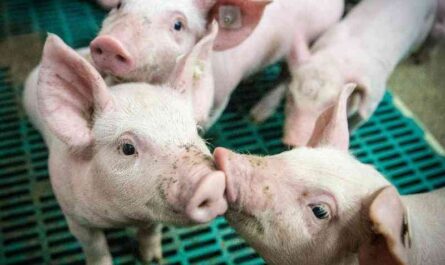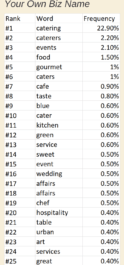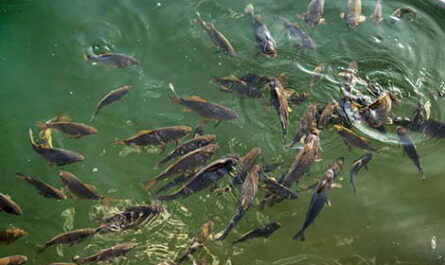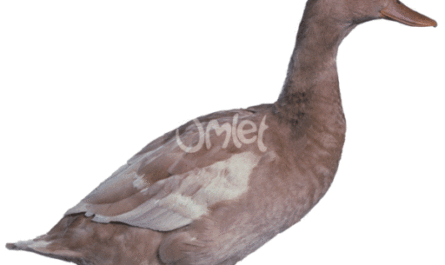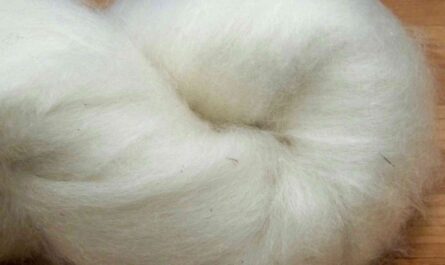Taking care of baby ducks or ducklings is very important in running a successful duck farming business.
Newly hatched ducklings need a warm, safe environment to grow strong and healthy. And strong, healthy ducks are the key to a successful business.
Ducklings will grow normally if you create a suitable home for them and provide them with plenty of food and water.
Duck / duckling care
Ducklings are very cute and ducks are very easy to care for. Here we talk about how to make ducklings feel at home, protect them from harm, and feed them what they like to eat.
Shelter
A suitable shelter with all the necessary amenities is a must for ducklings. The shelter should be large enough for the ducklings to fully spread their wings and groom themselves, and the room should be well ventilated. Follow the instructions below to create a suitable hiding place for your ducklings.
Find a thought box
After the ducklings have spent about 24 hours (after hatching from their shells) getting used to their new environment, they are ready to brood.
A sturdy cardboard box, plastic storage container, or large glass aquarium will work for this purpose. Just as ducklings need to stay warm, the cage should be well insulated.
Avoid boxes with too many holes in the sides or bottom. And line the bottom of the box with shavings or old towels. The use of slippery materials or newspapers should be avoided.
Ducklings can easily slip and injure themselves on surfaces such as plastic or newspaper, as they are still wobbly on their feet for the first few weeks after hatching.
Install a reflective lamp
After hatching, the ducklings should be kept warm for the first few weeks. Providing a warm environment for the first few weeks will give the ducklings time to get used to the cold air outside the eggs.
You can easily buy a reflector lamp at your local hardware or pet store and install the lamp on top of the brooder. Initially, it will be good to start with a 100 watt bulb, and this bulb will create enough heat for the ducklings.
Make sure part of the brooder is away from heat sources so the ducklings have somewhere to cool off if needed.
Also, make sure the bulb isn’t too close to the ducklings, as this could cause them to overheat or burn themselves if the bulb is touched.
Properly check lamp placement and make sure babies are getting the right amount of heat. Adjust the temperature and lamp power to suit babies’ behavior as they grow.
If the ducks are huddled under the lamp, they may be too cold. And in this case, you need to bring the lamp closer or buy a higher power lamp.
But if the ducklings are scattered and panting, chances are they are getting too much heat. In this case, you must move the lamp further or use a lower wattage lamp. Cozy ducklings should be warm and settled.
As the ducklings mature, they need less heat. You can adjust the temperature by raising or changing the bulb to a lower one when they stop sleeping below.
some products
After hatching, the ducklings do not eat for the first 24 hours. Because during this period they absorb nutrients from the yolk inside the egg from which they were born. Feed the ducks a 20% protein chick food for the first 10 weeks (non-medicated chick food is fine).
Then switch to 15% protein from the manufacturer from 10 to 18 weeks. From 18 weeks, you can feed your ducks regular laying hen feed, which contains about 16% protein. You can buy ready-to-eat feeds at your local poultry feed stores.
A plastic feeder is suitable for feeding ducklings. So buy a plastic feeder, fill it up and place it in your brooder. Never feed ducklings without water.
Adding a small amount of water to the food will help her swallow it easily. Adding very little sugar to the water for the first two days will help it get off to a good start and also give it energy.
Ducklings also like finely chopped vegetables, herbs or finely chopped fruits. They also prefer small insects and worms.
Ducks generally eat more than chickens, so make sure the ducklings have access to food throughout the day.
They need to be able to eat whenever they are hungry because they grow very quickly at this stage of life.
Adequate water supply
A source of clean water is essential for caring for ducks. For this, fountains for chickens are suitable. They will play in the water, making a mess (so be sure to clean it often).
Give the ducklings water so they can easily escape. Because ducks love to play in water, but they can easily drown if they get tired.
Change the water daily and wash the bowl. Daily cleaning is essential to prevent ducklings from getting sick from drinking dirty water.
Protect ducklings from predators
Protecting ducklings from predators is also part of duckling care. Ducklings can be a target for predatory animals, especially at a young age.
It will be good to keep ducks in a house or house. Or, if growing them outdoors, build a fence around the brooder.
Proper care of small ducks can ensure healthy and strong adults. And healthy adult ducks are the key to success in duck farming. So always try to take care of your ducks.
video
